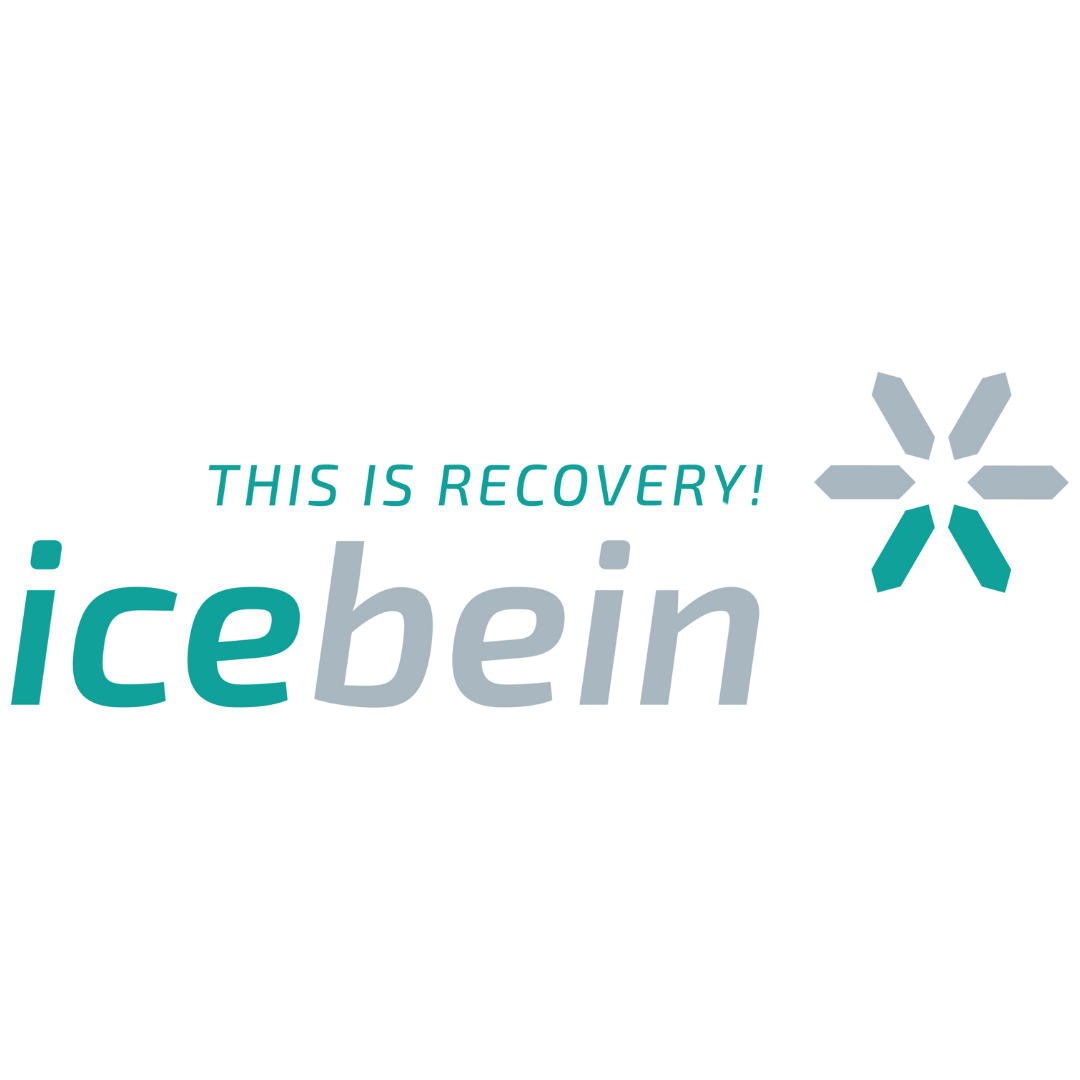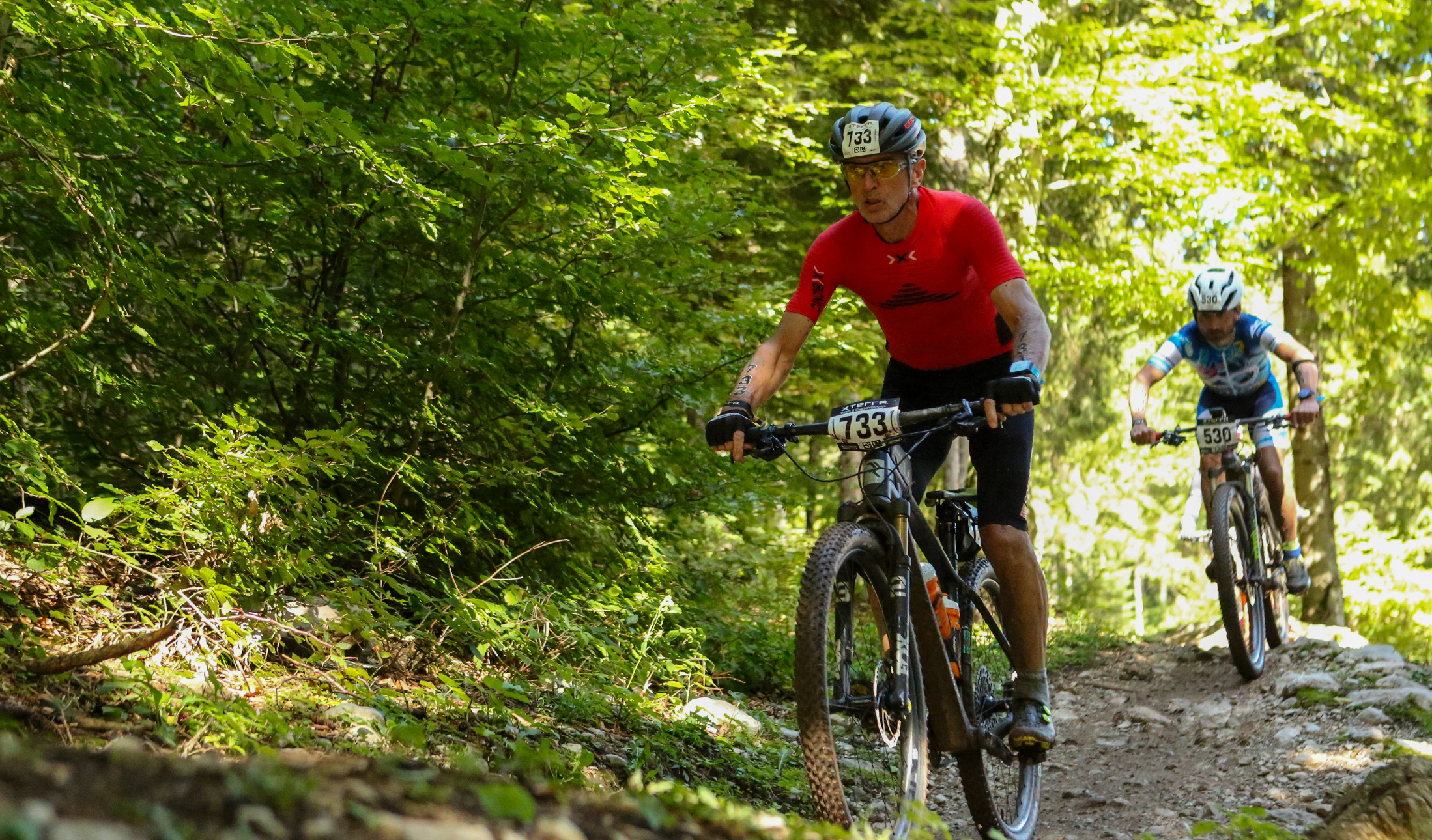Triathlon in old age - how does it work? Many people ask themselves how it is possible to stay fit and productive even after the age of 60. What factors are crucial to being successful as an age grouper and what should you pay particular attention to?
A study by the Technical University of Munich shows that regular endurance sports not only strengthen the cardiovascular system, but also have a preventative effect against many age-related ailments. At the same time, it emphasizes how important the balance between exertion and recovery is in order to avoid overload.
We wanted to know more and met one of Germany's most successful age groupers, Robert Votteler . At over 60 years old, he is not only fit, but also a successful competitive athlete who celebrated numerous victories and qualifications in 2024. In an inspiring conversation, he gives insights into his season, his training philosophy and the little secrets that still make him so successful today.
Ask:
Robert, you are one of the most successful age groupers in your age group. What motivates you to continue taking part in competitions today?
Robert:
"For me, triathlon is more than just sport - it's a passion that keeps me physically and mentally young. The competitions are of course a big goal, but in everyday life it's all about staying active and challenging your own body. It's an incredible feeling when you see what you can still achieve despite your age. And then that moment when you cross the finish line after a competition - the emotions, the pride, the fun. It's hard to describe, but that's exactly what I train for.
And to be honest, I also want to show that we older people are far from being old hat. I see so many motivated age groupers and that inspires me.
Ask:
You've experienced many exciting races this year. Tell us about your season - what were your personal highlights and what challenges did you overcome?
Robert:
"Yes, 2024 was definitely an exciting year. When I look back, I had races that pushed me to my limits, but also moments when everything just worked out. My biggest highlight was probably The Championship in Samorin in May. I had a breakdown on the bike course and had to really push myself on the run to make up for it. In the end, I actually managed to get first place in my age group - that was incredible! This victory also qualified me for the 2025 Challenge Championship, which is of course a great motivation for next season."
Ask:
But not everything went smoothly, did it? You had some challenges, especially in XTERRA races. How did you deal with them?
Robert:
"That's true, there were a few races this year that didn't go as I had imagined. At the XTERRA Belgium in Namur, for example, there was no swimming because of the strong current in the Maas. Instead, a replacement run was organized and I thought I'd save myself a bit so that I would have more strength for the main part. Unfortunately, that cost me time on the steep sections, but I still came third in my age group. That was annoying, but I made the best of it. You learn from it, and that's important too.
Another example was the XTERRA Championship in Molveno in the Dolomites. It was freezing cold, only 6 degrees in the morning, and the swim course was shortened. There were a few problems in the transition zone - my mountain bike wasn't where it should have been. Then there were three falls on the course, which weren't even my fault. I just had to grit my teeth and get through it. I focused on Barcelona and said to myself: 'Sometimes things don't go perfectly, and that's okay.' That's part of sport."
Ask:
After these challenges came Barcelona – that sounds like a perfect end to your season. How did you experience this race?
Robert:
"Barcelona was really something special. The day started perfectly. I was awake at 5 a.m. and had a good feeling in the transition zone. The sea was calm, the weather was pleasant - everything was perfect for a great competition. After 1 hour 14 minutes I was out of the water, in third place in my age group, and I felt fantastic on the bike course. Maybe a little too good - I was a little overconfident at the beginning. But after about 30 kilometers I consciously took a step back and concentrated on my wattage range. This decision paid off because I was able to stay consistent until the end.
During the marathon, I was fully focused. After five kilometers, my wife called out to me: 'You're in the lead, the second runner is ten minutes behind you!' That was the moment when I knew: anything could really go right today. I pushed myself through the entire marathon and extended my lead to 45 minutes at the end. With a time of 10:19:30 hours, I took first place in my age group. This victory not only qualified me for the 2025 Ironman World Championships in Nice, but also showed that it's worth continuing after difficult races. That was definitely the end to the season that you could only wish for."
Ask:
Robert, if you look at your season, you can see that it was marked by ups and downs. What do you think is the secret to being successful at our age and not losing the fun?
Robert:
"I think that at our age, sport becomes even more exciting because we approach things much more consciously. It's no longer just physical performance, but also tactics, planning and, above all, regeneration that play a big role. It's about training intelligently, listening to your body and at the same time not spoiling your fun.
Of course, you have to pay attention to a lot of things: injury prevention, the balance between stress and recovery, and also flexibility when something doesn't go according to plan - whether in training or in competition. But that's exactly what makes it so exciting for me. When you see the fruits of your labor and a race goes well, it's an incredible feeling. It shows that all the experience and discipline pay off."
Ask:
You talk a lot about planning and balance. Especially for age groupers, regeneration becomes more and more important as you get older. What role does it play in your training?
Robert:
"For me, regeneration is almost as important as the training itself - maybe even more important. I've learned over the years that without recovery, you'll eventually hit a wall. It's the building block that holds everything together: it stabilizes performance, helps avoid overloading, and ensures that you still have fun.
For example, I always have at least one rest day per week, often two. I call one of them my 'pseudo rest day', where I do easy activities that are not stressful. It's not just about the body, but also about the mind. Sometimes it's important to just switch off, be it with a book, a walk or just doing nothing at all.
After intensive sessions, I also use active regeneration, such as stretching, the Blackroll or cooling. Icebein has turned out to be a real highlight. It helps me to quickly relax my legs after hard runs or long bike rides. You notice this especially the next day - I get into the 'flow' better and just feel fitter. But as I said: regeneration is not just physical, but also mental. Both go hand in hand."
Ask:
If you were to give one tip to other age groupers, what would it be?
Robert:
"I would say: don't just work hard, work smart too. Listen to your body and give yourself the time you need - whether it's for training, recovery or just to clear your head. Balance is the key. And above all: don't let it drive you crazy! Not everything has to be perfect. The most important thing is to have fun, and that comes naturally when you take the pressure off and just do what's good for you."
Ask:
Robert, after such an intense season: What gives you personally the energy to keep going? And what does triathlon mean to you today?
Robert:
"For me, triathlon is more than just a sport - it's a lifestyle. It gives me structure, keeps me fit and makes me feel like I'm still fully involved in life even as I get older. Of course, the successes are motivating, but it's also the community that drives me. The competitions are so much more than just times and placings - they're meetings with like-minded people who are just as passionate about the sport.
I get energy from the feeling that I still have goals to work towards. I think that's important for all of us - whether we're just starting out in triathlon or have been doing it for decades. The sport keeps us young, physically and mentally."
Ask:
You have qualified for the 2025 World Championship - a big milestone. What are your plans and dreams for next season?
Robert:
"My focus is of course on the World Championships in Nice, but I want to enjoy the whole journey there. It's not just about the big goal, but also about the many small steps that lead there. I want to stay healthy, have fun training and, above all, learn something new again.
My dream? That I can stand on the track in Nice and say: 'I gave everything I could and this is the reward.' But no matter how it turns out, the most important thing is that I am proud of the path I have taken to get there."
What we can learn from Robert:
Robert's story shows that success in triathlon is not a question of age, but a question of passion, the right attitude and a good balance. His experiences are an inspiring example of how you can still achieve big goals even when you're over 60 - and never lose the fun of it.
The following applies to all age groupers: There are always new challenges that are worth tackling. With the right planning, a well thought-out regeneration concept and a large portion of enjoyment in the sport, nothing stands in the way of the next competition.



icebein - Your better alternative to the classic ice bath
Training as an age grouper - The secret of success in order to be fit and successful in old age